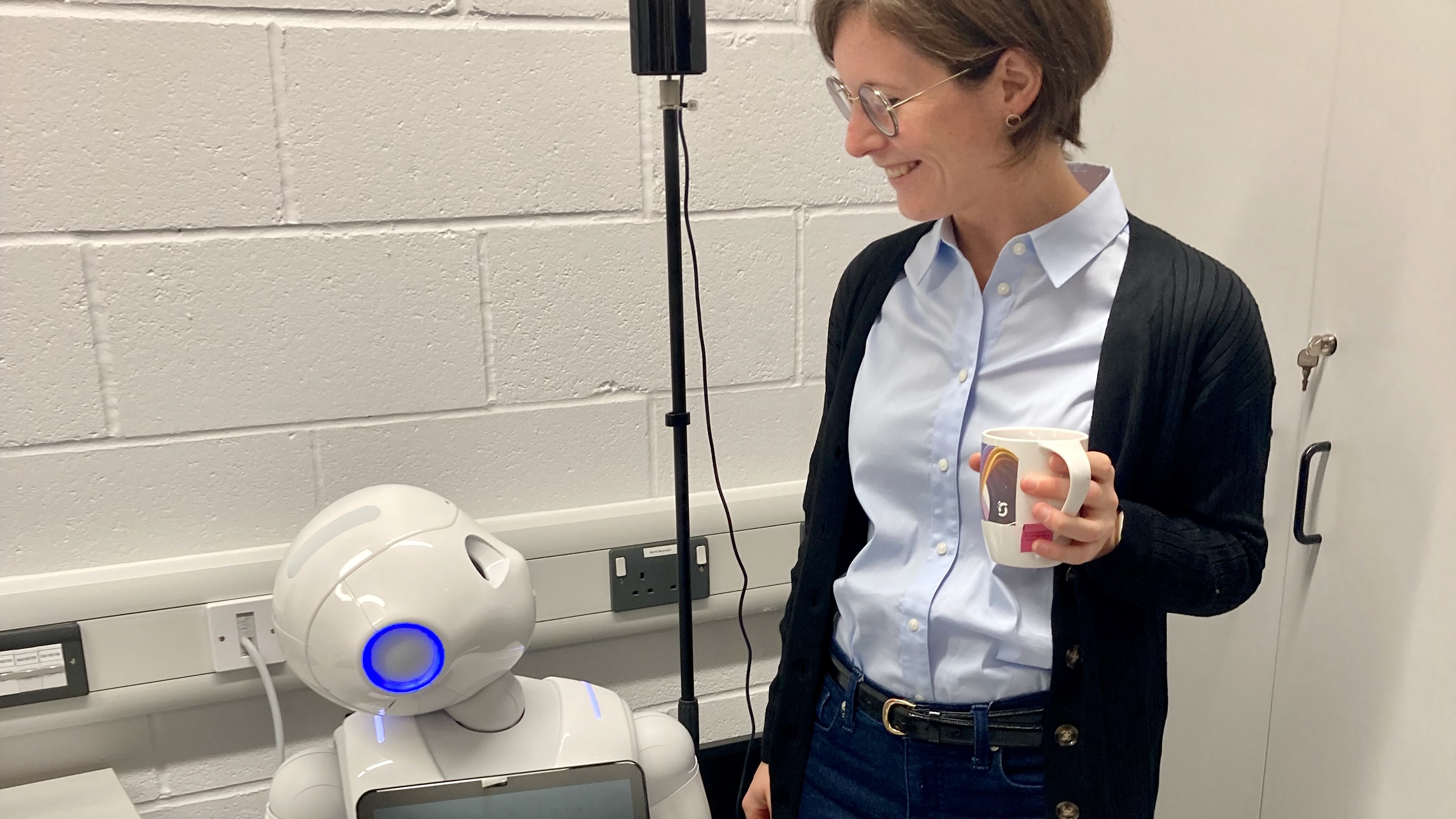Ilaria Canavotto / The importance of intermediate steps in precedent-based reasoning

Ilaria Canavotto / The importance of intermediate steps in precedent-based reasoning
Friday February 23, Ilaria Canavotto presents her recent work on formal models of normative reasoning, specifically on reasoning with precedents.
The importance of intermediate steps in precedent-based reasoning
The question of how precedent cases constrain future decisions is a traditional question in legal theory in the common law tradition. Although the doctrine of precedent is often viewed as obscure and contentious, the topic has been clarified by a new "reason model" of precedential constraint, originating with work by Lamond in the field of Legal Theory, and developed by Horty and Bench-Capon in the field of AI and Law. These initial versions of the reason model, however, are based on a simplification: while the decisions of courts typically involve a number of intermediate reasoning steps, and can be justified by complex arguments, the reason model represents these decisions as proceeding from the facts of a case directly to an ultimate outcome. In this talk, I will discuss the importance of modeling these intermediate reasoning steps in order to achieve a richer understanding of precedential constraint.

